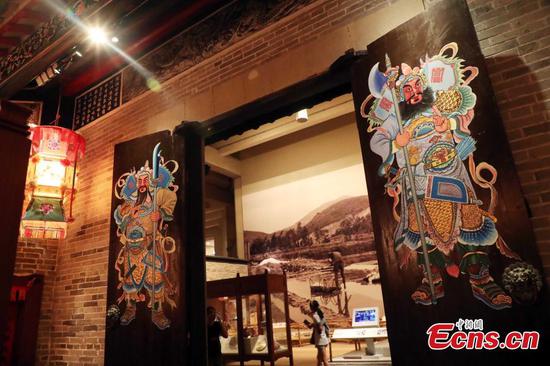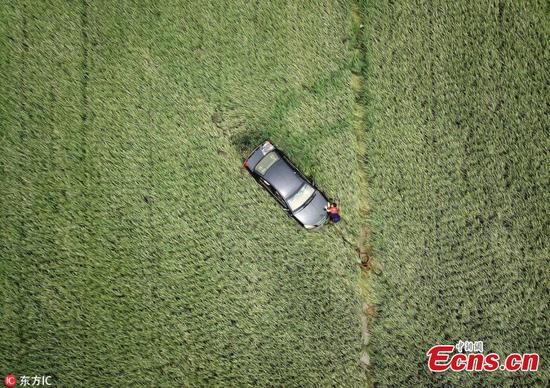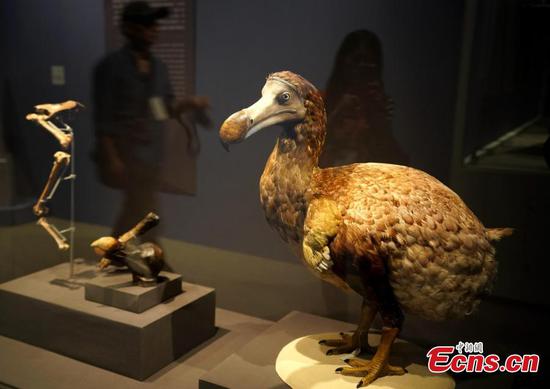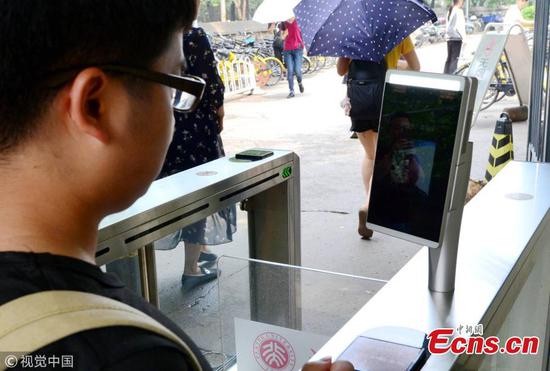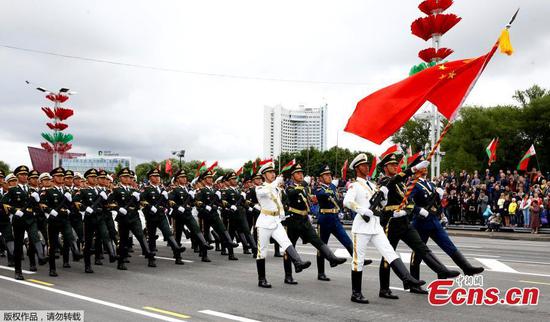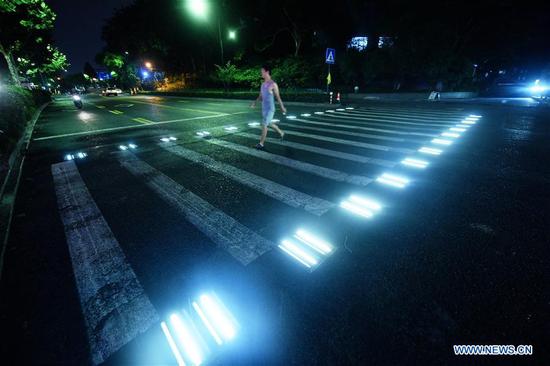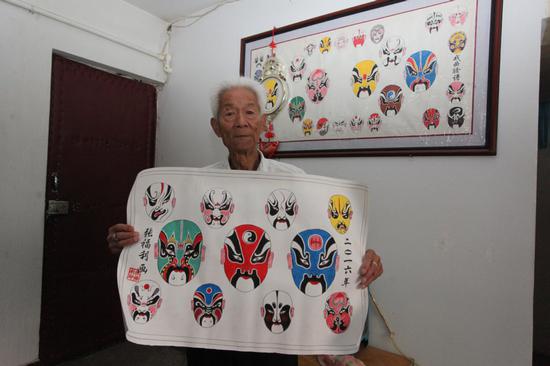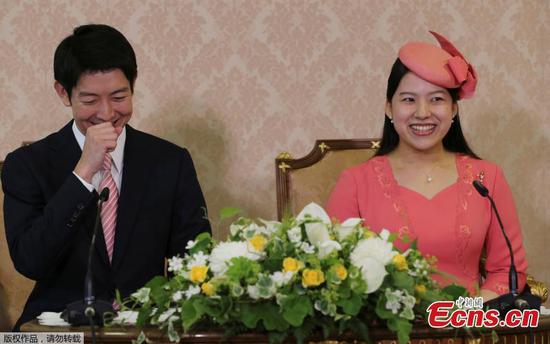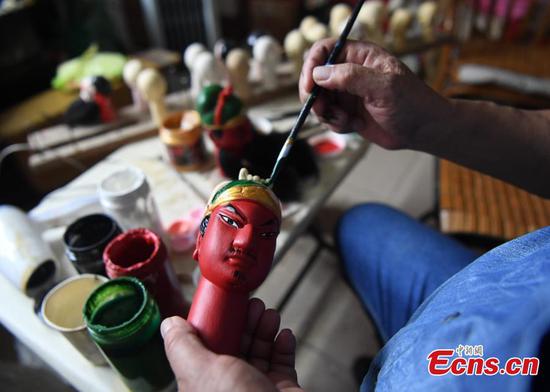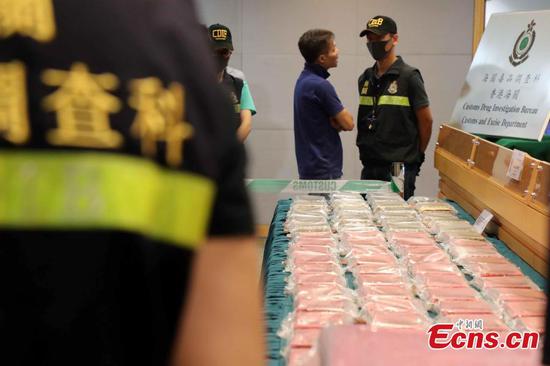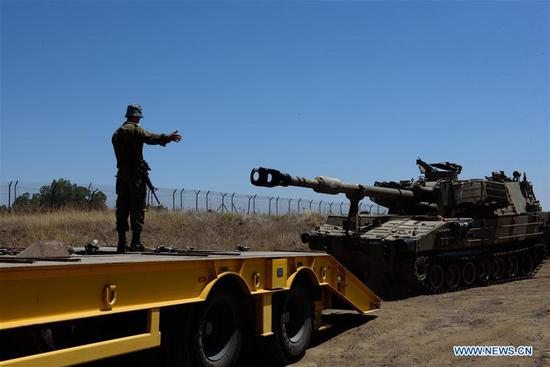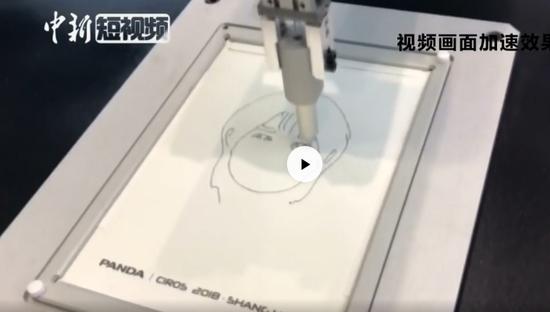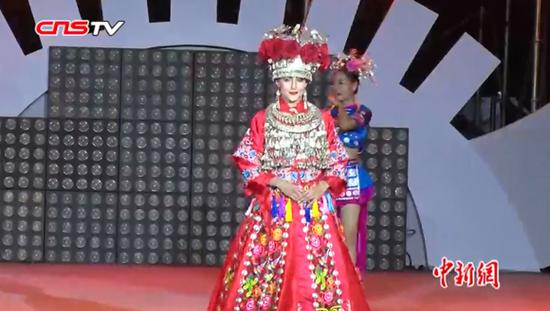Chinese tech giant Baidu announced Wednesday that it has begun volume production of China's first commercially deployed fully-autonomous bus.
Powered by Apollo 3.0, the latest version of Baidu's open autonomous driving platform, autonomous bus "Apolong" will take to roads in China and abroad, Baidu's Chairman and CEO Robin Li said at Baidu Create 2018, the company's annual AI developer conference.
Apolong can complete driverless operations such as obstacle avoidance, swerving and automatic transshipment. The bus will initially be put to use in last-mile travel scenarios in tourist spots, airports and other enclosed areas.
Apolong is developed in partnership with Chinese bus manufacturer King Long and will be put into commercial operation in several Chinese cities including Beijing, Shenzhen, Xiongan, Wuhan and Pingtan. The production volume of Apolong has reached 100 units at its manufacturing facility in Xiamen, in southeast China's Fujian Province, according to Li.
"This year marks the first year of commercialization for autonomous driving. From the volume production of Apolong, we can truly see that autonomous driving is making great strides -- taking the industry from zero to one," Li said.
Baidu has also set its sights on overseas markets. The company has teamed up with King Long and SB Drive, the autonomous driving subsidiary of Japan's SoftBank Group, to bring Apolong autonomous minibuses to Japan for operation in cities such as Tokyo in early 2019.
The tech giant also announced Kunlun, the country's first cloud-to-edge AI chip, built to accommodate high performance requirements of a wide variety of AI scenarios such as data centers, public clouds and autonomous vehicles.
The Nasdaq-listed Chinese firm has been investing heavily in AI technologies and applications in recent years. It rolled out an open platform named Apollo last April to speed up the development and production of autonomous vehicles.









